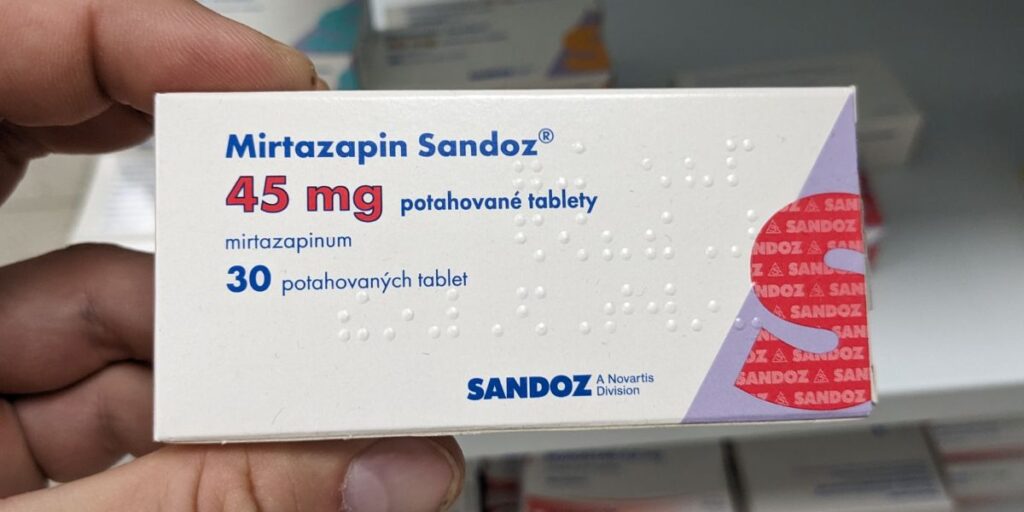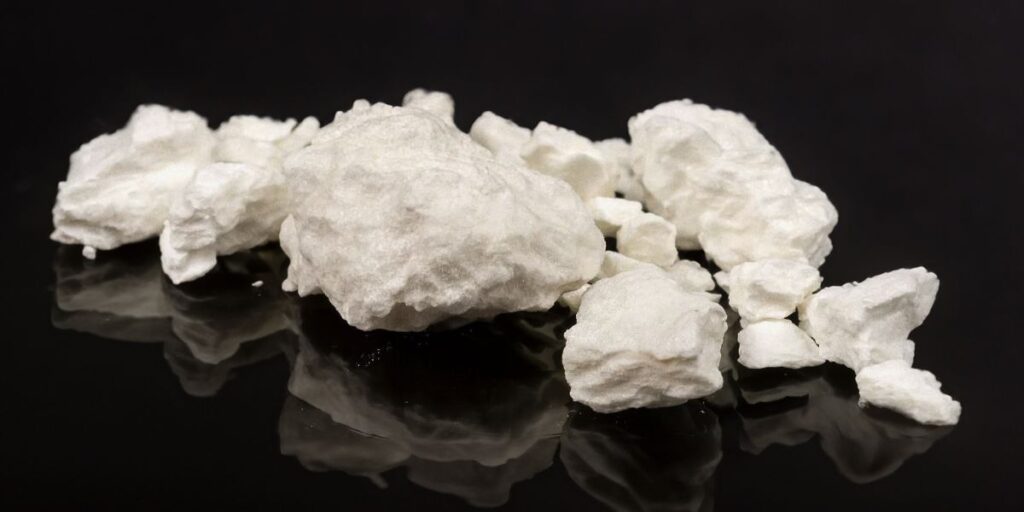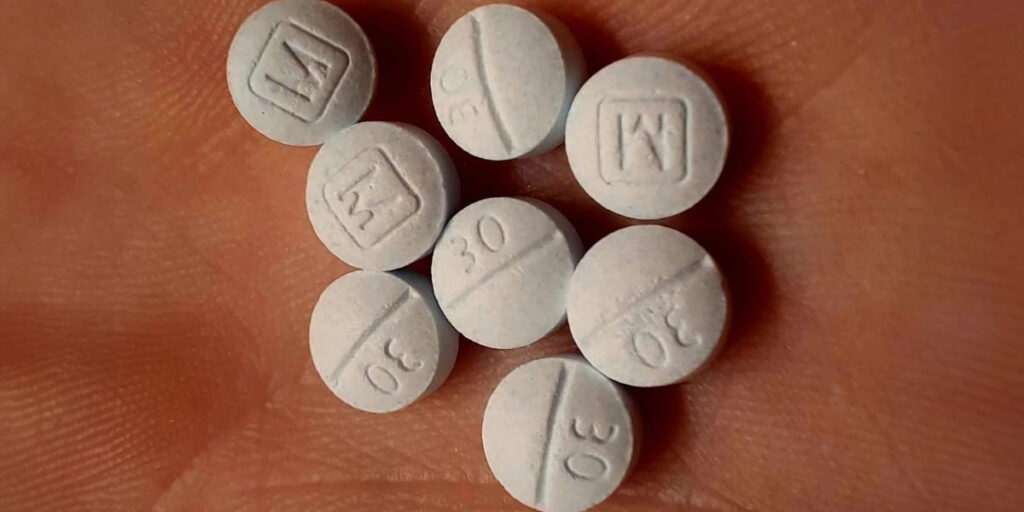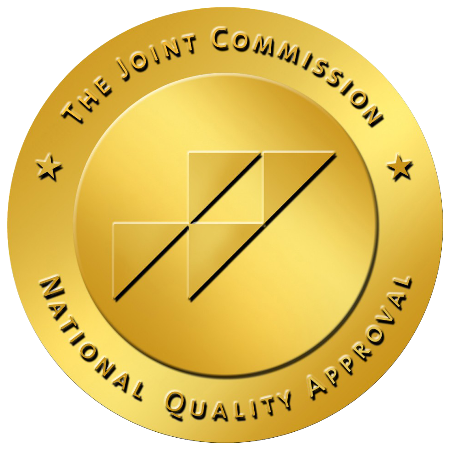Methamphetamine, often simply called meth, is a powerful stimulant that has gained popularity for being highly addictive and having devastating health effects on users.
One of the most severe and alarming consequences of meth use is meth-induced psychosis. This condition is not just a temporary side effect but can become a long-lasting mental health issue, severely impacting your ability to function and interact with reality.
What Is Meth-Induced Psychosis?
Meth-induced psychosis is a condition where a person experiences symptoms of psychosis as a direct result of methamphetamine use. Psychosis is a mental condition marked by a detachment from reality. People with this condition may experience a range of psychotic symptoms that alter their perception of reality, making it challenging to distinguish between what is real and what is not. This form of psychosis can be acute or chronic, depending on the extent and duration of meth use.
The psychotic symptoms induced by meth can mimic those seen in severe mental illnesses like schizophrenia. Meth users experiencing this condition experience severe disturbances in thought processes and emotional regulation, leading to behaviors that are out of character and often dangerous. The psychological toll of methamphetamine psychosis can be extensive and requires comprehensive mental health care and intervention.
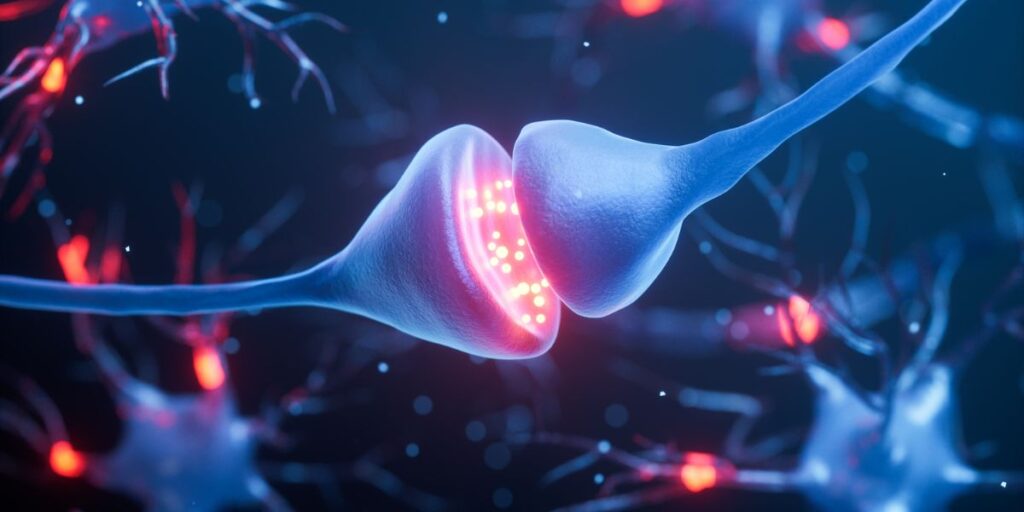
Why Does Meth-Induced Psychosis Happen?
The development of meth-induced psychosis is complex and influenced by several factors. At its core, methamphetamine dramatically increases the levels of dopamine in the brain.
Dopamine is a neurotransmitter associated with pleasure, reward, and motivation. While usually, dopamine helps regulate mood and emotion, the intense and prolonged increase caused by meth can disrupt normal brain function.
This disruption can lead to alterations in brain structure and chemistry, particularly affecting cognition and emotion regulation areas. Chronic meth use can result in neurotoxicity, damaging neurons and impairing cognitive functions.
Additionally, pre-existing mental health conditions, such as a family history of schizophrenia or other psychotic disorders, can increase the likelihood of developing meth-induced psychosis. Environmental factors, such as high-stress levels and a lack of social support, may also play a role in the onset and severity of psychotic episodes.
What Are the Symptoms of Meth Psychosis?
The symptoms of meth psychosis can be both unpredictable and severe. They often include:
- Auditory Hallucinations: This is the most common symptom where people hear voices or sounds that are not present. These voices can be distressing and command the person to act in specific ways, increasing the risk of harm.
- Visual Hallucinations: Seeing things that aren’t there, such as unusual lights or shadowy figures. These hallucinations can be frightening and contribute to a heightened sense of paranoia.
- Tactile Hallucinations: Often described as the sensation of bugs crawling on or under the skin, this hallucination leads to compulsive scratching or picking at the skin, sometimes causing severe injuries.
- Delusions: These are firmly held false beliefs, such as feeling persecuted (paranoia), being overconfident in abilities or knowledge, or thinking that external forces control their thoughts and actions.
- Paranoia: This feeling is an overwhelming sense of distrust and suspicion, often leading to isolation and avoidance of social interactions.
- Aggression and Agitation: Increased irritability and potential for violent outbursts, often as a response to perceived threats from delusions or hallucinations.
- Disorganized Thinking and Speech: Difficulty maintaining a logical flow of thoughts, leading to incoherent speech and difficulty communicating effectively.
These distressing symptoms can be frightening and dangerous for those around them. The severity of these symptoms can fluctuate, with periods of intense psychosis interspersed with moments of relative clarity.
How Long Does Meth-Induced Psychosis Last?
The duration of meth-induced psychosis can vary significantly among people. For some, the symptoms may be short-lived, lasting only a few hours or days following meth use. For others, especially chronic users, the psychosis can persist for much longer, even after cessation of drug use.
Acute meth-induced psychosis often stops happening with abstinence from the drug and appropriate treatment. However, in some cases, mainly where there is a history of heavy, long-term meth use, symptoms can become chronic, resembling a primary psychotic disorder. This is because of the neurotoxic effects of meth on the brain, which can result in long-term or permanent changes to brain function and structure.
Factors that influence the duration and severity of meth psychosis include the amount and frequency of meth use, personal differences in brain chemistry, and the presence of any co-occurring mental health disorders. Treatment and support during the recovery process are crucial for managing addiction symptoms and reducing the risk of relapse.

Meth Addiction Treatment at Northridge Addiction Treatment Center
Treating meth addiction and meth-induced psychosis requires a comprehensive approach that addresses both the physical and psychological aspects of the substance use disorder.
Northridge Addiction Treatment Center (NATC) provides medically supervised detox to keep you safe during withdrawal, along with medication-assisted treatment and dual diagnosis to heal your body and mind from substance use and co-occurring mental health disorders. Our inpatient treatment program uses an evidence-based approach to care, supporting and empowering our residents through each stage of treatment.
NATC provides effective treatment for meth-induced psychosis, a severe condition that arises from meth abuse, which involves a combination of medical intervention, therapy, and ongoing support. Meaningful recovery is possible but requires a commitment to treatment.
Reclaim your life from substance use. Contact NATC today.




